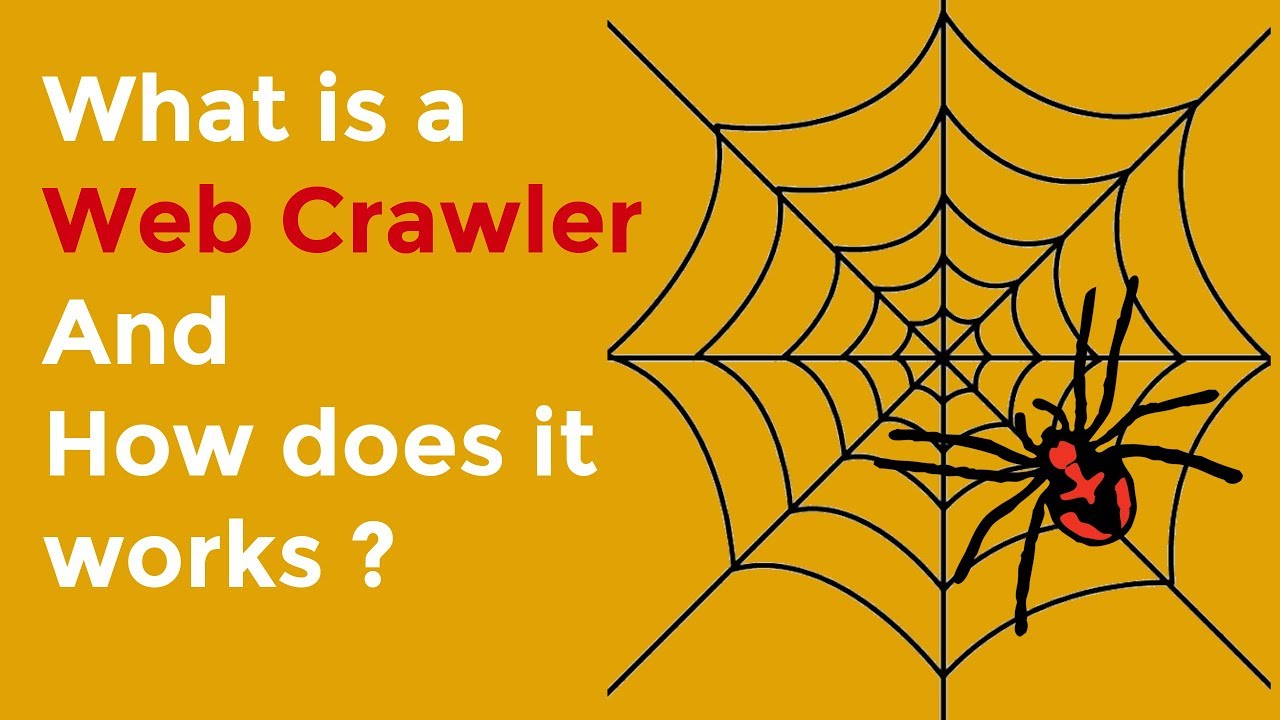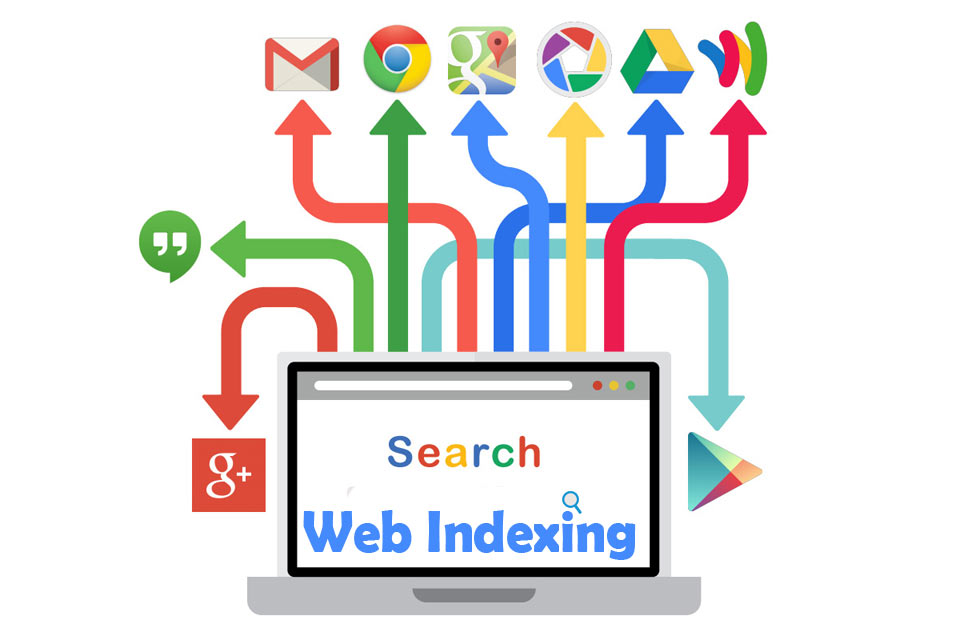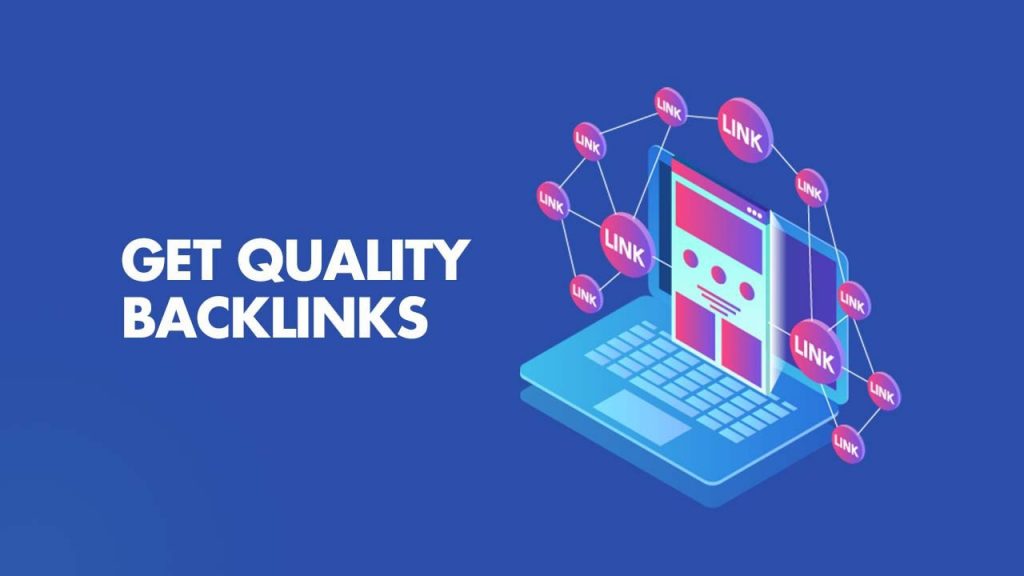In the digital age, search engines have become an integral part of our daily lives. From searching for information to shopping online, search engines help us find what we're looking for quickly and easily.
But have you ever wondered how search engines like Google and Bing find the information they display in their search results? The answer lies in website indexing.
What Is Website Indexing?
Website indexing is the process by which search engines like Google, Bing, and Yahoo scan and organize the contentof websites to create a database of searchable information.
This database, known as an index, is what search engines use to provide users with relevant search results.
Search engines use automated software called crawlers, also known as spiders or bots, to scan websites and index their content. These crawlers follow links from one webpage to another and collect information about the content and structure of each page they visit.
How Do Crawlers Work?

What is Web Crawler and How Does It Work?
Crawlers start by visiting a website's home page and following links to other pages on the site. As they move from page to page, they collect information about the page's content, including text, images, videos, and links to other pages.
They also collect information about the page's structure, such as its HTML code and metadata.
Once the crawler has collected this information, it adds it to the search engine's index, along with other information about the website, such as its domain name, age, and authority. The index is constantly updated as crawlers revisit websites and discover new content.
How Can You Optimize Your Website For Indexing?
To ensure that your website is properly indexed by search engines, it's important to follow best practices for website design and content creation. Here are some tips to help you optimize your website for indexing:
1. Use Descriptive Page Titles And Meta Descriptions
The page title and meta description are two of the most important pieces of information that search engines use to understand the content of your website.
Make sure your page titles and meta descriptionsaccurately describe the content of your pages and include relevant keywords.
2. Create High-quality, Relevant Content
Search engines prioritize high-quality, relevant content that provides value to users. Make sure your website's content is well-written, informative, and engaging, and includes relevant keywords and phrases that users are likely to search for.
3. Use Descriptive And Meaningful URLs
Your website's URLs should be descriptive and meaningful, making it easy for users and search engines to understand the content of each page. Avoid using generic URLs like "page1" or "article2" and instead use URLs that describe the content of each page, such as "yourwebsite.com/about-us".
4. Optimize Your Images And Videos
Images and videos can be powerful tools for engaging users and enhancing your website's content. However, they can also slow down your website and negatively impact your search engine rankings if they're not optimized correctly. Make sure your images and videos are properly compressed and include descriptive file names and alt text.
5. Build High-quality Backlinks
Backlinks, or links from other websites to your own, are an important factor in search engine rankings. However, not all backlinks are created equal. Focus on building high-quality backlinks from reputable sources that are relevant to your website's content.
The Role Of High-Quality Content And Backlinks In Website Indexing And Search Engine Rankings
Search engines like Google and Bing use a variety of factors to determine the relevance and quality of a website's content and to rank it in search results. One of the most important factors is the quality of the website's content and the presence of high-quality backlinks.
In this part, we'll explore the role of high-quality content and backlinks in website indexing and search engine rankings.
The Importance Of High-Quality Content
Search engines prioritize high-quality content that provides value to users. When a search engine crawls a website, it analyzes the content of each page and uses complex algorithms to determine its relevance to search queries.
This means that if your website's content is low-quality, spammy, or irrelevant, it's unlikely to rank well in search results.
To optimize your website for search engine rankings, it's important to focus on creating high-quality, relevant content that provides value to users. This means writing well-researched, informative, and engaging content that is optimized for relevant keywords and phrases.
The Role Of Backlinks In Website Indexing And Search Engine Rankings
Backlinks, or links from other websites to your own, are another important factor in website indexing and search engine rankings.
Search engines use backlinks to determine the authority and relevance of a website. The more high-quality backlinks a website has, the more likely it is to rank well in search results.
However, not all backlinks are created equal. Search engines prioritize high-quality backlinks from reputable sources that are relevant to your website's content.
This means that if your website has a lot of low-quality backlinks from spammy or irrelevant sources, it's unlikely to rank well in search results.
To build high-quality backlinks, focus on creating high-quality, relevant content that other websites will want to link to. You can also reach out to other websites in your niche and offer to exchange links or guest posts on their site.
The Relationship Between High-Quality Content And Backlinks
High-quality content and backlinks are closely related when it comes to website indexing and search engine rankings. In fact, high-quality content is often the key to building high-quality backlinks.
When you create high-quality content that provides value to users, other websites are more likely to link to it. This not only helps to build high-quality backlinks but also improves the overall authority and relevance of your website in the eyes of search engines.
Similarly, when you have high-quality backlinks from reputable sources, it can help to improve the authority and relevance of your website, making it more likely to rank well in search results. This, in turn, can lead to more traffic, more leads, and more revenue for your business.
People Also Ask
How Often Does Google Index Websites?
Google's indexing frequency can vary depending on the website's content, authority, and updates. It's difficult to determine an exact frequency, but Google may crawl and index a website multiple times per day or every few weeks.
How Do I Check If My Website Is Indexed By Google?
To check if your website is indexed by Google, go to Google.com and type in "site:yourdomain.com" in the search bar. If your website is indexed, you should see a list of pages from your site that are in the Google index.
Can I Force Google To Index My Website?
While you can't force Google to index your website, you can take steps to encourage it. Submitting your website to Google Search Consoleand creating a sitemap can help Google discover and index your website more quickly. Building high-quality backlinks and publishing fresh, relevant content can also help to improve your website's indexing and search engine rankings.
What Is The Difference Between Indexing And Crawling?
Indexing and crawling are two separate processes that search engines use to discover and analyze web content. Crawling is the process by which search engine bots discover new web pages and content, while indexing involves analyzing the content and adding it to the search engine's index. Essentially, crawling is the process of finding new content, and indexing is the process of understanding and cataloging it.
Conclusion
Website indexing is a critical component of how search engines like Google and Bing find and display information to users. By following best practices for website design and content creation, you can optimize your website for indexing and improve your search engine rankings.
Remember to focus on creating high-quality, relevant content that provides value to users, and building high-quality backlinks from reputable sources.



